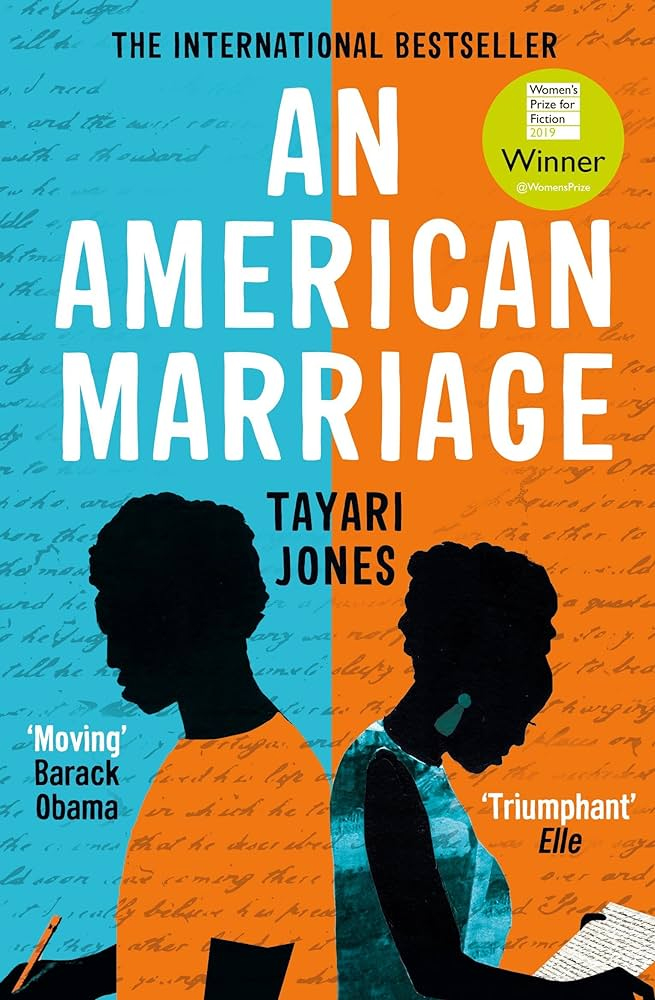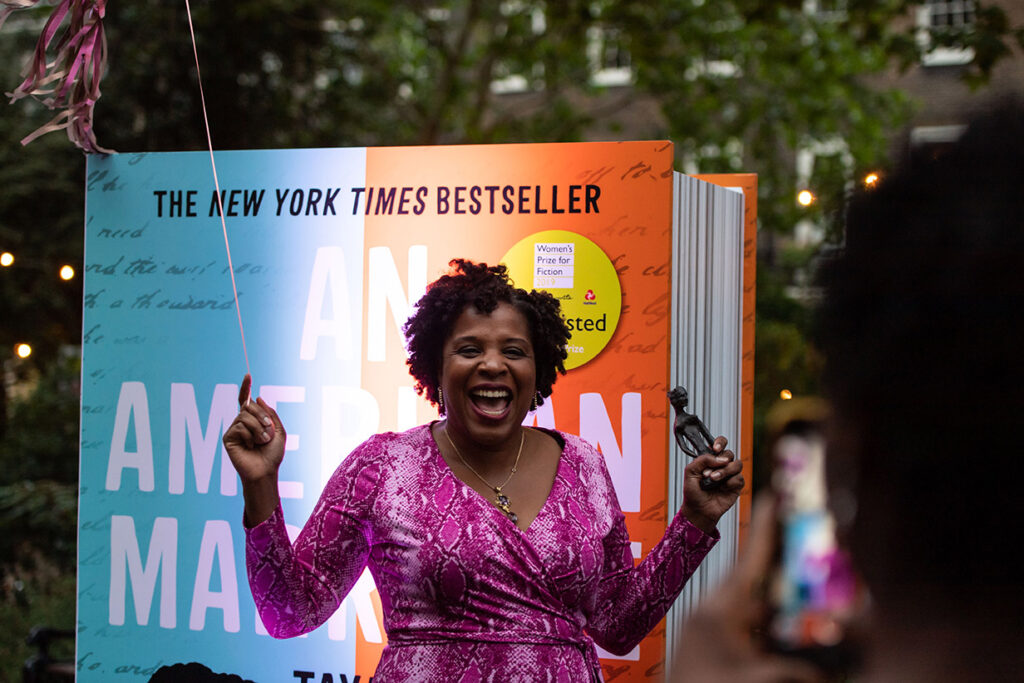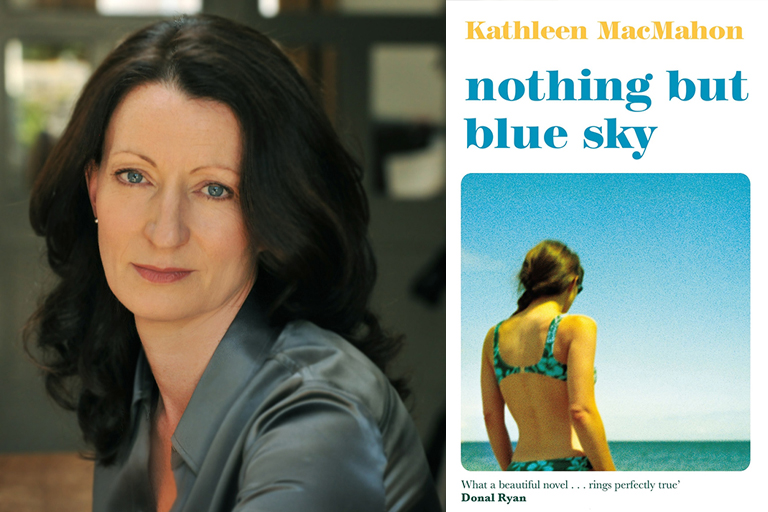One year on from winning the Women’s Prize for Fiction with Tayari Jones’ An American Marriage, Publisher and Founder of Oneworld Publications, and Women’s Prize Trust Prize Circle Patron Juliet Mabey, reflects on the impact of the Prize.
Twenty-nine years ago, the Booker Prize shortlist comprised novels by six male writers. Last year, four of the six shortlisted authors were women, and it was jointly won by two of them. What has happened in the intervening years? It would be far too simplistic to say the Women’s Prize – now celebrating its twenty-fifth anniversary –has singlehandedly brought about this sea change in our literary ecosystem here in Britain, but there is absolutely no doubt that it has been a flagbearer, and one that has exerted enormous sway on women writers, on literary agents, publishers, other prize judges, and also on the reading public.
So what influence does a prize like this wield that could have contributed to such changes? As the publisher of last year’s winner, An American Marriage by Tayari Jones, I can attest to the fact that winning this prestigious prize had a dramatic effect on both the book and author. It shot to the top of the Times bestseller list as well as those for most UK booksellers, including Amazon’s bestseller chart, as the mainstream and trade media reported the news and printed features with the author, and booksellers all over the country rushed to top up their stocks and hand-sold it to customers with enthusiasm.
The importance of this is that the winning novel was read by many thousands more people – men and women – who might not otherwise have heard about it. And further, a man was spotted reading it on the Brighton-London commute a couple of weeks later, speaking perhaps to the impact of the prize on a somewhat puzzling statistic – that while women read male and female writers more or less equally, men on average read far fewer books written by women.
For Tayari Jones, who had already enjoyed extraordinary commercial success in North America after An American Marriage was selected for the Oprah Book Club, this influential prize has done what the best prizes do, which is to shoot her career into the literary stratosphere. Increased critical recognition as an author, even in her home country of America, has led to an avalanche of writing requests from the media and bookings from literary festivals all over the world, such is the reach of and respect for this prize. It has been life changing.
Twenty-five years later and now a charitable trust, the prize has taken on a new, ambitious challenge, launching the Discoveries programme, with Curtis Brown and NatWest, to mentor, support and engage with women who have less access to the publishing process, as part of their remit to honour all women’s voices regardless of class, ethnicity, geography, educational opportunity or age. This is important work, and I am keenly looking forward to seeing what it produces in the decades to come. While the statistics tell us there is still more we can all do to ensure women’s writing receives the attention and readership it deserves, I like to think the world is more gender neutral today when it comes to what readers might choose to read (and publishers to publish, reviewers to review, prize judges to award prizes to).
There is absolutely no doubt that the Women’s Prize has already done so much to help us along this road. Ian McEwan once wrote, ‘When women stop reading, the novel will be dead’, but I would counter that if women stopped writing fiction, our literary landscape would be so much the poorer for it. And for anyone wanting to see just how healthy, diverse and exciting women’s writing is today, this year’s incredibly strong line-up of shortlisted authors is a very good place to start.
Discover this year’s shortlist here, and join in the conversation @WomensPrize.









